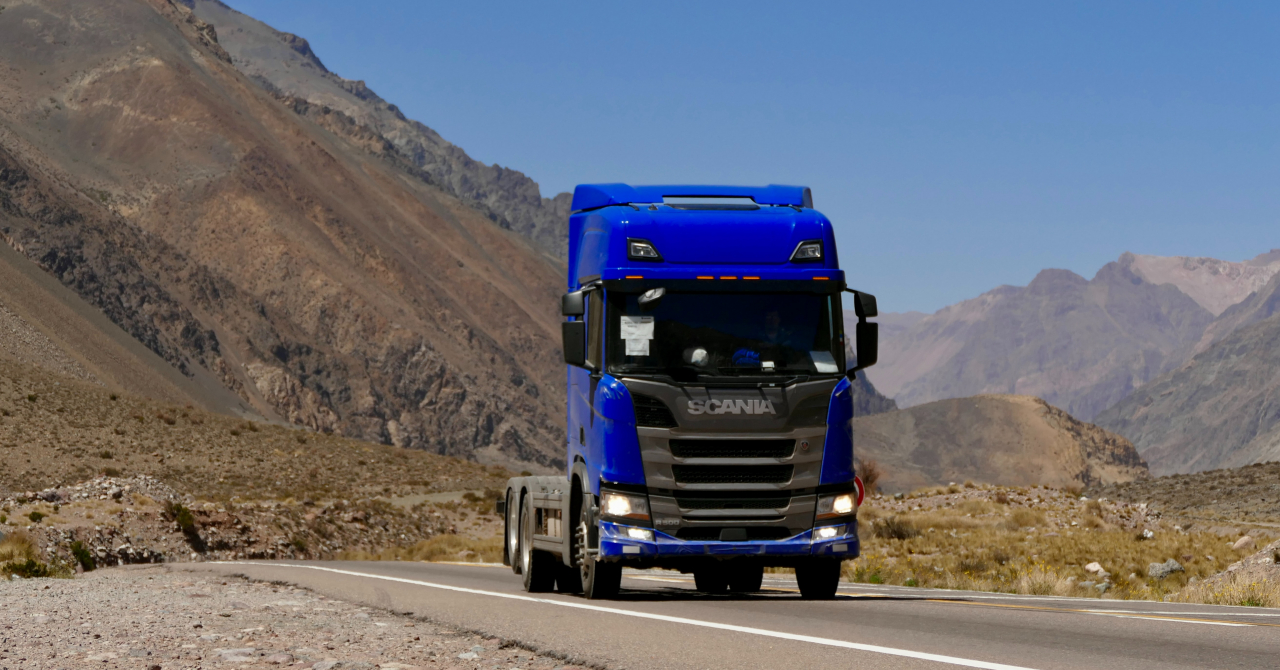According to Electrive, the company's boss stated that for the transition to take place, general conditions must be favorable, referring to the "charging infrastructure, green electricity and the price per kilowatt hour".
Levin stated that European countries must help manufacturers in the process, simplifying the process of permitting and building the necessary infrastructure, as he believes 30.000 to 40.000 charging stations will be needed to consider using only electric trucks.
Volkswagen's Traton alongside Daimler Truck and Volvo established a joint venture called Commercial Vehicle Charging Europe, which plans to implement 1.700 charging points for electric trucks and coaches on the continent.
Traton announced in spring that it will increase the funding that goes towards the research in electromobility, planning to raise 2.6 billion euros by 2026.
To do this, the company will cut on the funding allocated for internal combustion engine research, showing its interest in the future of mobility.
Back in 2020, Scania's former CEO, Henrik Henriksson, stated at the launch of some battery-powered truck models that the moment was "a prelude to our commitment to long-term electrification."
"It is of particular importance that in a few years we will also introduce electric trucks for long-haul transport that are designed for quick charging during the mandatory 45-minute rest periods for drivers", he added at the time.
 Mihai - Cristian Ioniță
Mihai - Cristian Ioniță












Any thoughts?